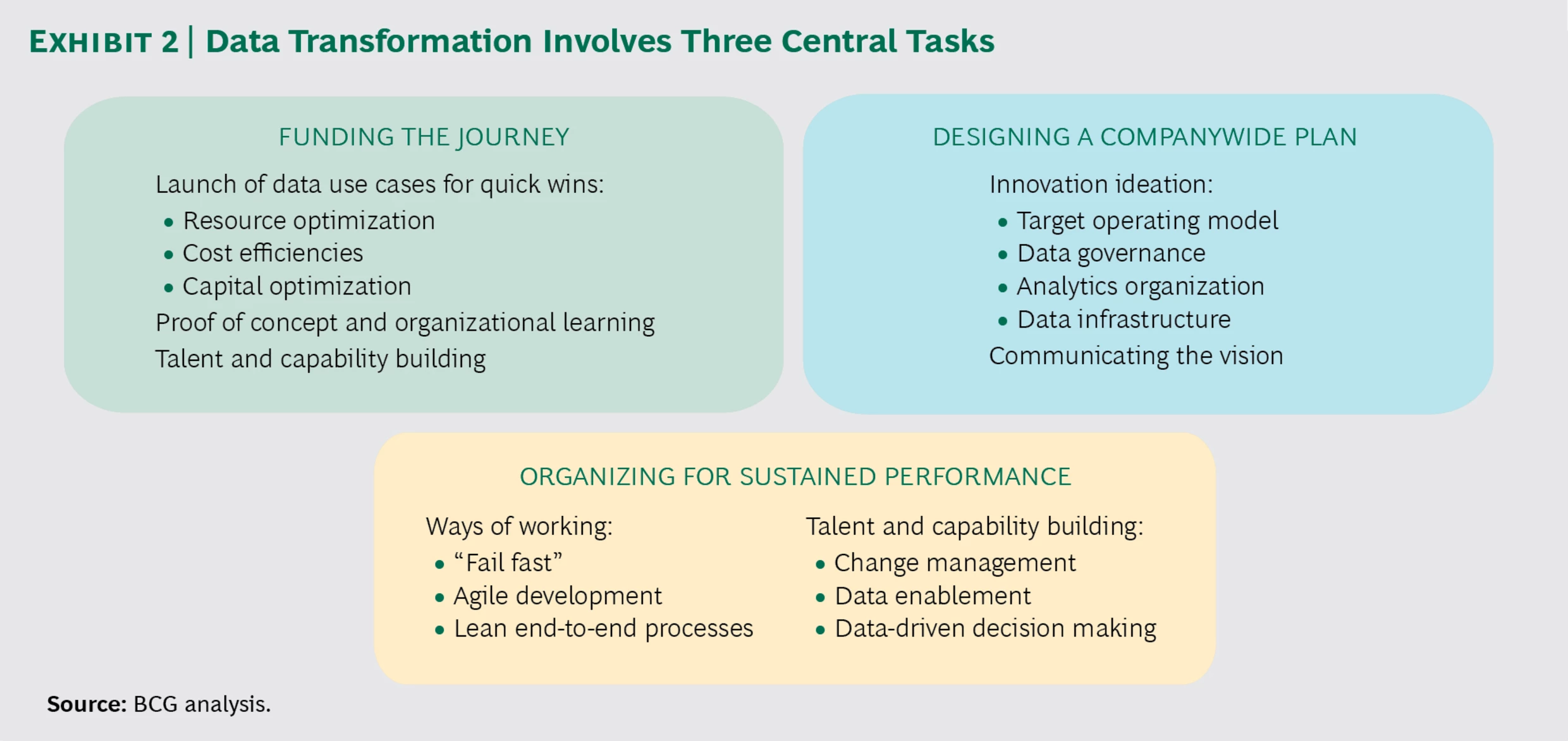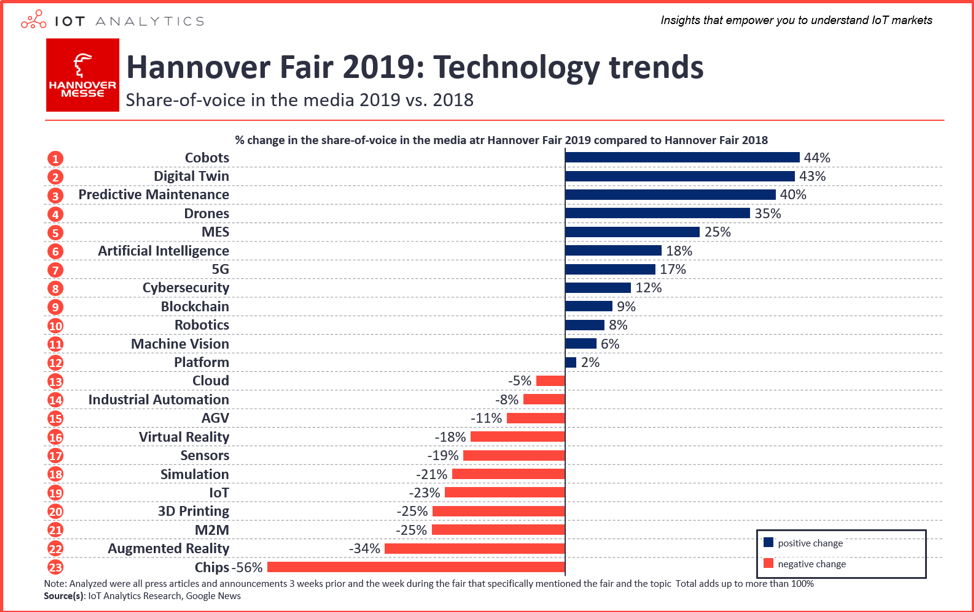If you've noticed that safety and resistance to change are blocking the integration of Industry 4.0 principles into your plant, you're not alone. The issue of safety must be considered, of course, and we must be able to strike a balance between prudence and reasonable risk-taking. However, an even bigger hurdle to implementing Industry 4.0 technologies is resistance to change. One thing as simple and essential as KPI monitoring can cause frictions with operators. Nonetheless, there are ways to manage these risks and overcome them.
Improve efficiency without imposing restrictions
One possible strategy is to ensure that no production efficiency is lost or that any restrictions are introduced when implementing a connected solution. For example, a properly configured automated downtime tracking solution should reduce an operator's workload as it would require fewer manual interventions for tracking information.
If operators would previously note in a notebook the causes of downtime, an automated system with previously configured response options can greatly simplify things by allowing the user to select a cause in a few clicks. This will save time while reducing disruptions. And to ensure that there is no loss of efficiency, the previously configured response choices should match the causes that operators know and use to explain downtime.
Make follow-ups amusing
Another strategy is to use gamification - game mechanics - such as scoring, challenges, and encouragement - to help achieve goals. These incentives help improve employee engagement and can reduce their fear of change. When introduced as part of an incentive program or game, follow-up solutions are perceived as less intrusive. Presenting this new approach as a way to move towards goals whose achievement is encouraged can inspire people to become familiar with the new display system and work together to achieve success.
Involve IT from the start to manage safety
All risks are not equal, and one must ask which ones are worth running. Your IT security team must be involved in the early stages of planning so that security protocols are implemented along with any new connectivity, and all security procedures are followed and enforced. The potential of Industry 4.0 to connect your plant and allow communications to flow is considerable. But this power must be used responsibly. A balance must be found between the paranoid refusal of any connectivity, perceived as a danger, and the unbridled laxity that leaves any unauthorized device the opportunity to connect to our network.
Rapidly show advantages
In preparing an implementation strategy for Industry 4.0, predicting some early stage wins can help rally people and reduce resistance to change. In crafting an implementation strategy for Industry 4.0, predicting some early stage wins can help rally people and reduce resistance to change. A good example of this is the use of alerts allowing supervisors to stay connected even when they are not at the factory. Rather than being caught off guard by suddenly learning that there is a problem on a line, supervisors and managers can automatically receive all the important information in real time. Alert messages can also be automatically sent to maintenance personnel who will no longer have to wait for calls. Automatic alerts free people from many constraints, giving them the ability to focus on solving problems rather than needing to communicate with certain people to keep them informed.
Although Industry 4.0 is a technical solution, it is the people who implement it that have the greatest impact on its success.
Learn more about the benefits of real-time notification.

















